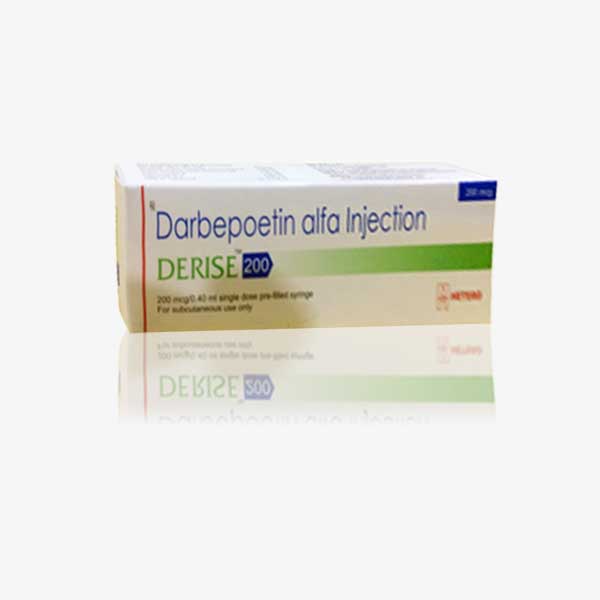
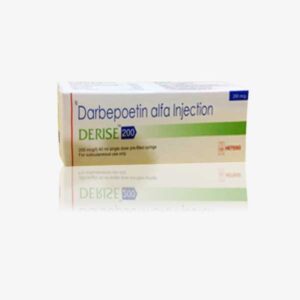
Buy Derise: Darbepoetin Alfa 200 mcg Injection Online
$135.80
Brand Name : Derise
Composition : Darbepoetin Alfa
Manufactured by : Hetero Healthcare Ltd.
Strength : 200mcg
Form : Injection
Packing : Pack of 1 Pre-filled Syringe
Prescription Required *
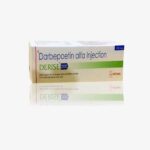
Buy Derise: Darbepoetin Alfa 200 mcg Injection Online
$135.80
- Description
- Reviews (0)
Description
Introduction: Derise stands as a potent injectable medication containing darbepoetin alfa, a recombinant erythropoiesis-stimulating agent (ESA). Primarily utilized in the management of anemia associated with chronic kidney disease (CKD) and chemotherapy-induced anemia (CIA), Derise plays a crucial role in boosting red blood cell production and alleviating symptoms of anemia.
Active Substance: Darbepoetin Alfa: A synthetic form of erythropoietin (EPO), darbepoetin alfa stimulates the bone marrow to produce red blood cells, thus addressing anemia by increasing hemoglobin levels and improving oxygen-carrying capacity.
Mechanism of Action: Derise exerts its therapeutic effects by mimicking the action of endogenous erythropoietin. Upon administration, darbepoetin alfa binds to erythropoietin receptors on erythroid progenitor cells in the bone marrow, stimulating their proliferation and differentiation into mature red blood cells. This results in an increase in the production of red blood cells, leading to a rise in hemoglobin levels and an improvement in anemia-related symptoms.
Clinical Applications: Derise finds application in the following medical scenarios:
- Anemia of Chronic Kidney Disease (CKD): In patients with CKD, the kidneys are less able to produce erythropoietin, leading to anemia. Derise is used to stimulate red blood cell production and manage anemia in individuals with CKD who are not undergoing dialysis or who are receiving dialysis.
- Chemotherapy-Induced Anemia (CIA): Cancer patients undergoing chemotherapy often experience a decline in red blood cell count, leading to anemia and associated symptoms such as fatigue and weakness. Derise is prescribed to stimulate red blood cell production and mitigate anemia-related complications in these patients.
Administration and Dosage: Derise is administered via subcutaneous or intravenous injection. The dosage and frequency of administration are individualized based on factors such as the patient’s hemoglobin level, response to treatment, and underlying condition. Regular monitoring of hemoglobin levels and adjustment of dosage are essential to optimize therapeutic outcomes and minimize the risk of adverse effects.
Considerations and Side Effects: While generally well-tolerated, Derise may cause certain side effects, including:
- Hypertension (high blood pressure)
- Headache
- Nausea
- Injection site reactions
- Thromboembolic events (blood clots)
Patients with CKD may be at increased risk of cardiovascular events when treated with ESA therapy. Therefore, careful monitoring and appropriate dose adjustments are necessary to mitigate this risk.
Conclusion: Derise, with its active ingredient darbepoetin alfa, offers a valuable therapeutic option for managing anemia associated with chronic kidney disease and chemotherapy. By stimulating red blood cell production, Derise helps alleviate anemia-related symptoms, improve quality of life, and reduce the need for blood transfusions in affected individuals. With careful monitoring and appropriate dosing, Derise serves as an essential tool in the comprehensive management of anemia in various clinical settings.
Be the first to review “Buy Derise: Darbepoetin Alfa 200 mcg Injection Online” Cancel reply
Related Products
Buy Ketosteril Tablets 100 Film-coated Tablets Online
Total Sales: 0
SKU: 963969
Buy Renvela : Sevelamer Carbonate 800 mg Tablets Online
Total Sales: 0
SKU: 261599
Buy Sevcar : Sevelamer Carbonate 800 mg Tablet 50'S Online
Total Sales: 0
SKU: 481923
Buy Sevlaren : Sevelamer Carbonate 400 mg Tablet 100'S Online
Total Sales: 0
SKU: 938437
Buy Sevlaren : Sevelamer Carbonate 800 mg Tablet 100'S Online
Total Sales: 0
SKU: 463483



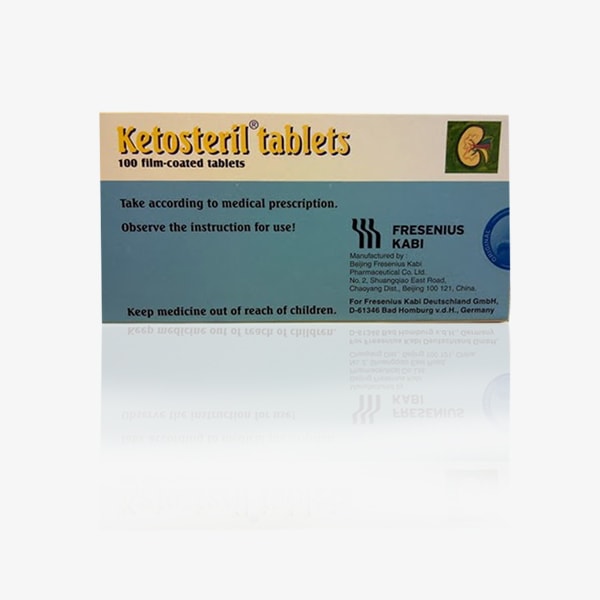

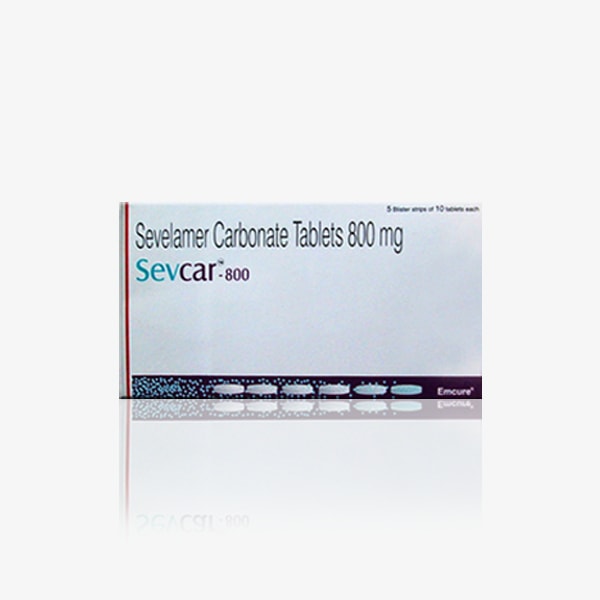
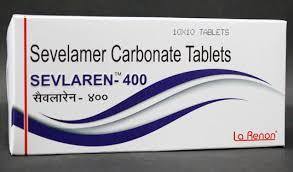
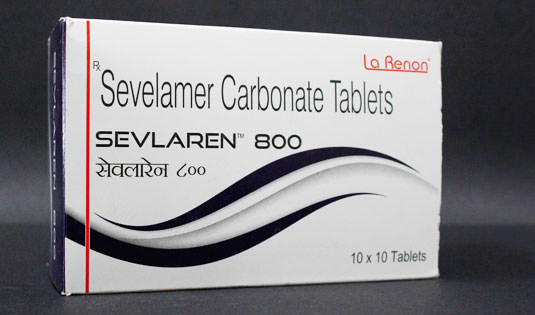
Reviews
There are no reviews yet.